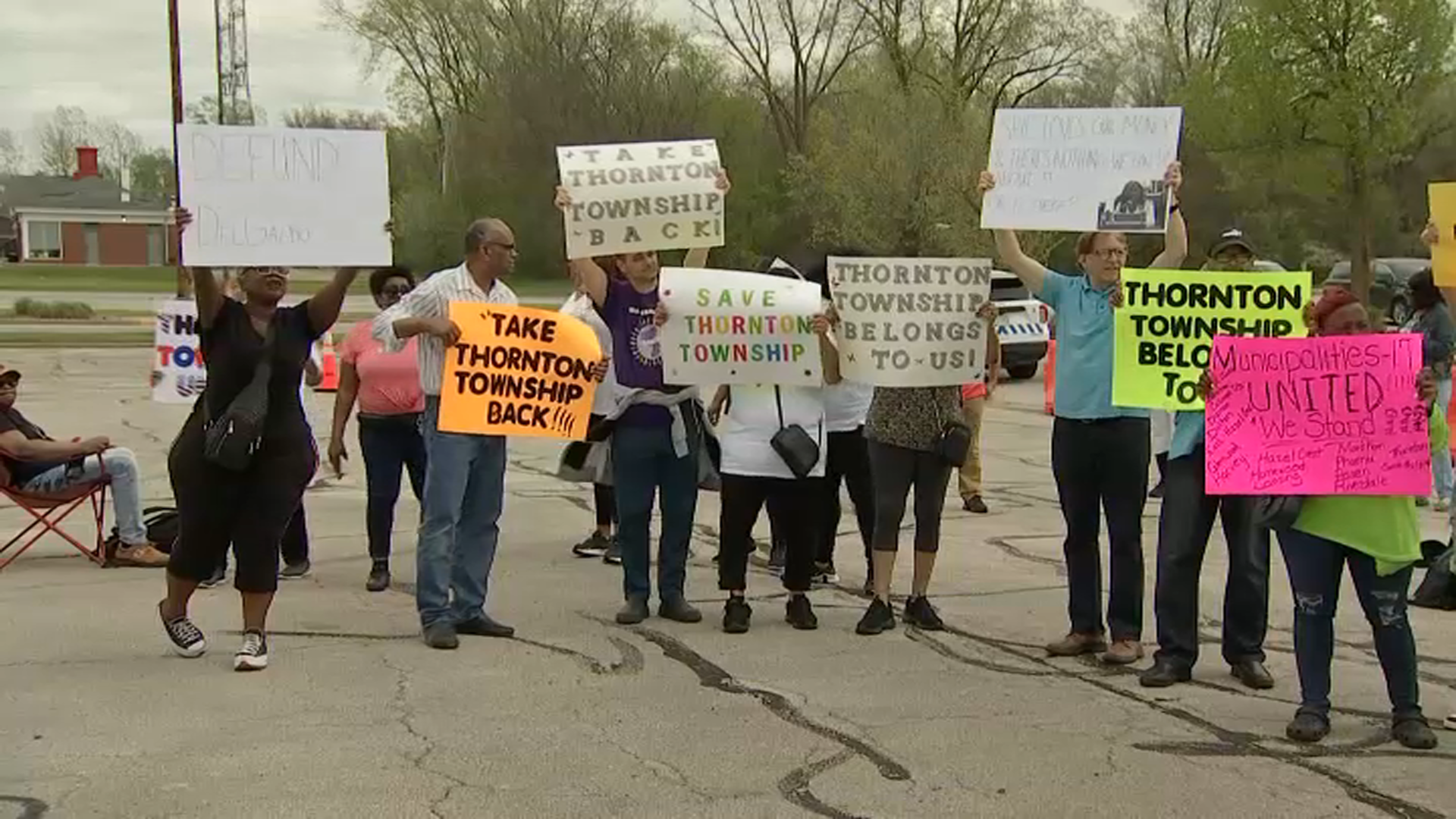A measure that would change the way Chicago first responders handle calls about people in mental health crises was approved today by the City Council’s Committee on Health and Human Relations.
Under what is called the “Treatment Not Trauma Ordinance,” police officers would be accompanied by mental health clinicians in such situations. It will still need to be approval of the full City Council.
But mental health advocates said Monday that they would like to see police removed from such situations entirely.
“In a mental health crisis situation, the last thing we need is police,” Jasmine Patino, a youth leader with the Brighton Park Neighborhood Council told NBC Chicago.
Feeling out of the loop? We'll catch you up on the Chicago news you need to know. Sign up for the weekly Chicago Catch-Up newsletter here.
The creator of a two-tiered response system in Denver, Colo. was among those who testified today before the Committee.
Samantha Rabins said that Denver runs two intertwined response systems, one with licensed clinicians and cops for high-risk situations; and another that doesn’t require mental health technicians to be licensed for less dangerous situations.
“Having both of these clinical responses in our Denver community has been really beneficial for our first responders to learn from us how to better approach situations where there is someone with a severe and persistent mental illness,” Rabins said.
Local
Chicago already has a pilot crisis responder program in place. Deputy Commissioner for Public Health Matt Richardson said CDPH has responded to more than 1,000 calls so far without the use of force, without arrest and without any significant injuries to patients or officers.
Other experts testified that for any citywide system to work, more must be done than just fielding a mobile crisis response program, advocating for Chicago to reopen the community-based mental health centers that were closed more than a decade ago.
Psychoanalyst and physician Eric Reinhart told the committee that community-based resources are important.
“The vast majority of mental illness and suffering in this country is preventable,” he said. “We need to invest in prevention.”
Mayor Brandon Johnson has previously stated that the investment is one he is willing to make, but some testifying before this committee said programs where mental health professionals respond with police may not be effective.
Jarielle Salinas said she wants mental health care that treats her community more humanely. “I want the city to shut down the money that goes towards the police and take some of that money from the vacant positions and add it to our mental health centers,” she said.



